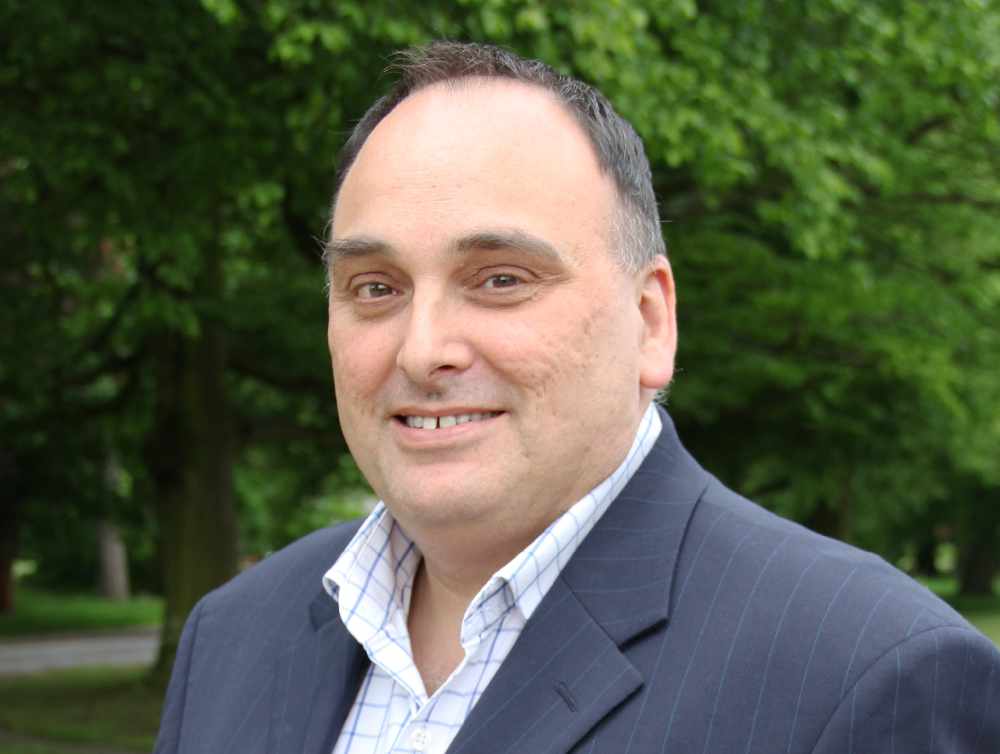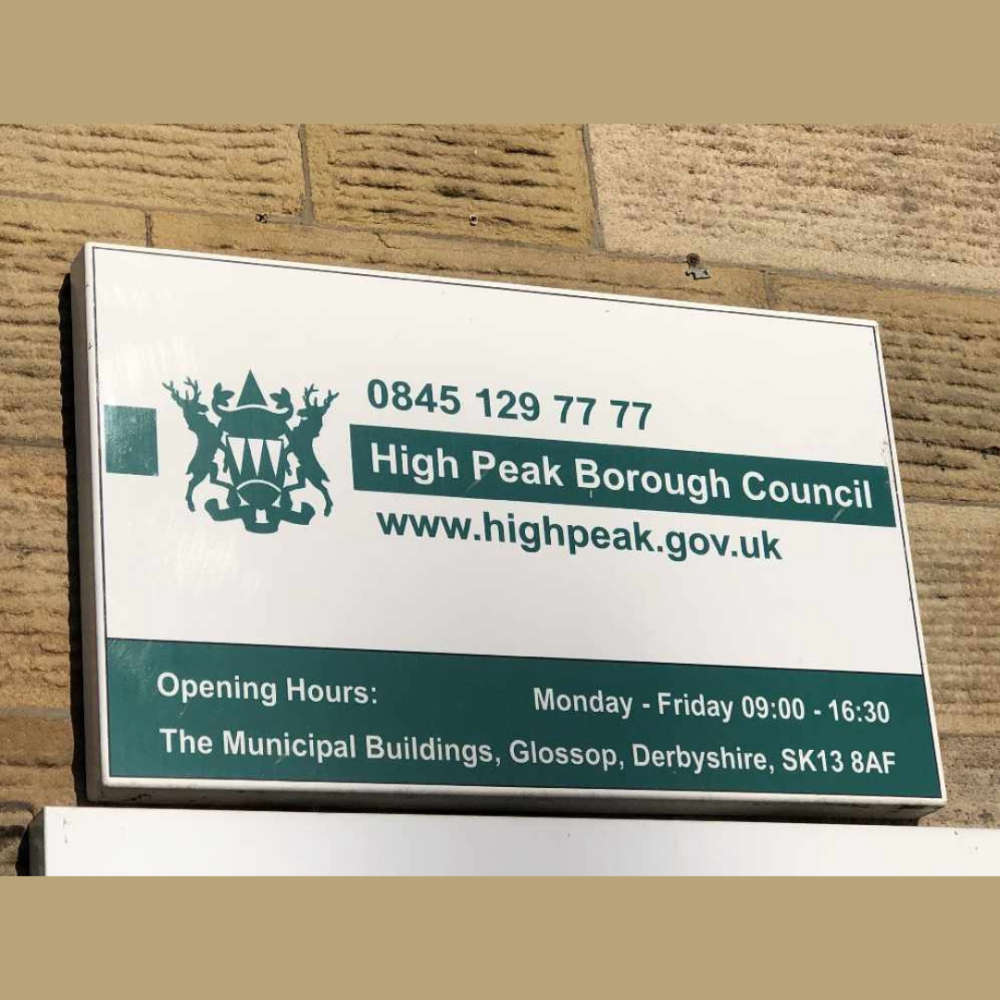
A Derbyshire health chief has given a strong statement against racism and called for more action to improve the welfare of the county's black and minority ethnic (BME) residents.
Ifti Majid (pictured) is the chief executive of Derbyshire Healthcare NHS Foundation Trust, which specialises in mental health support across the county and city.
Mr Majid has previously spoken out about how he and his fellow BME colleagues have often been treated while carrying out support in hospitals and in their “civilian” lives.
He has spoken about the blatant racism and abuse that is often faced by black and minority ethnic health staff.
Paired with this is the inequality of support for patients from a BME background and the heightened risk to BME patients from certain illnesses – including Covid-19.
Although the threat the virus poses is said to be free from discrimination – affecting anyone and everyone – it has proven to have a more adverse impact on black and minority ethnic residents.
It has and continues to kill a “disproportionate” number of black and minority ethnic UK patients.
Mr Majid told the Local Democracy Reporting Service: “Discrimination and inequality cost lives.
“As healthcare leaders we have to act on the evidence that too often health outcomes and satisfaction for BME communities, service users and staff fall significantly below those of the white community.
“Not being racist is not enough. We must be wholeheartedly anti-racist, applying evidence-based approaches, and hold ourselves to account for delivery.
“The time for discussion is at an end and urgent action is now required to end discrimination of all kinds.
“Leaders have a responsibility to set the tone in respecting others, respecting difference and valuing diversity.
“As healthcare leaders, we can either help anchor our communities or contribute towards destabilising them.
“We must make every effort to end the direct and indirect discrimination that BME communities face.
“Office of National Statistics data published last month showed that – even taking into account age, measures of self-reported health and disability and other socio-demographic characteristics – people from a BME background are more likely than those of a white ethnic origin to experience serious complications from contracting Covid-19.”
The trust, based at Kingsway Hospital in Derby, has 330 BME staff – each of whom has been given a Covid-19 risk assessment by the organisation. These are to be reviewed on a monthly basis.
It is also hosting hundreds of video calls and weekly virtual meetings for the organisation’s BME staff network to provide further support and to raise concerns.
In May the University Hospitals of Derby and Burton NHS Foundation Trust said it was prioritising its black, Asian and minority ethnic staff for Covid-19 testing.
BME staff make up around 21 per cent of the trust’s employees, 2,624 out of around 12,500.
Trust officials said 700 BME staff were being given Vitamin D supplements and 40 had Vitamin D deficiency testing to help lessen the heightened risk.
Hospital trust leaders had said the number of people dying from Covid-19 in Derby and Derbyshire is broadly in line with the local resident and staff population.
Dr Magnus Harrison, the trust’s executive medical director, said: “Our death rate among black, Asian and minority ethnic groups is completely in line with our population statistics as a whole.
“Between 89 and 90 per cent of the people we see dying from Covid are Caucasian British which is more or less representative of the population we represent in Derby and Derbyshire.”


 Derbyshire Police to launch new ‘behind the scenes’ podcast
Derbyshire Police to launch new ‘behind the scenes’ podcast
 Glossop Mountain Rescue battles storm to rescue stranded walker
Glossop Mountain Rescue battles storm to rescue stranded walker
 Glossop council tenants are invited to have their say
Glossop council tenants are invited to have their say
 Glossopdale Action for Sustainable Travel help launch new car club
Glossopdale Action for Sustainable Travel help launch new car club


